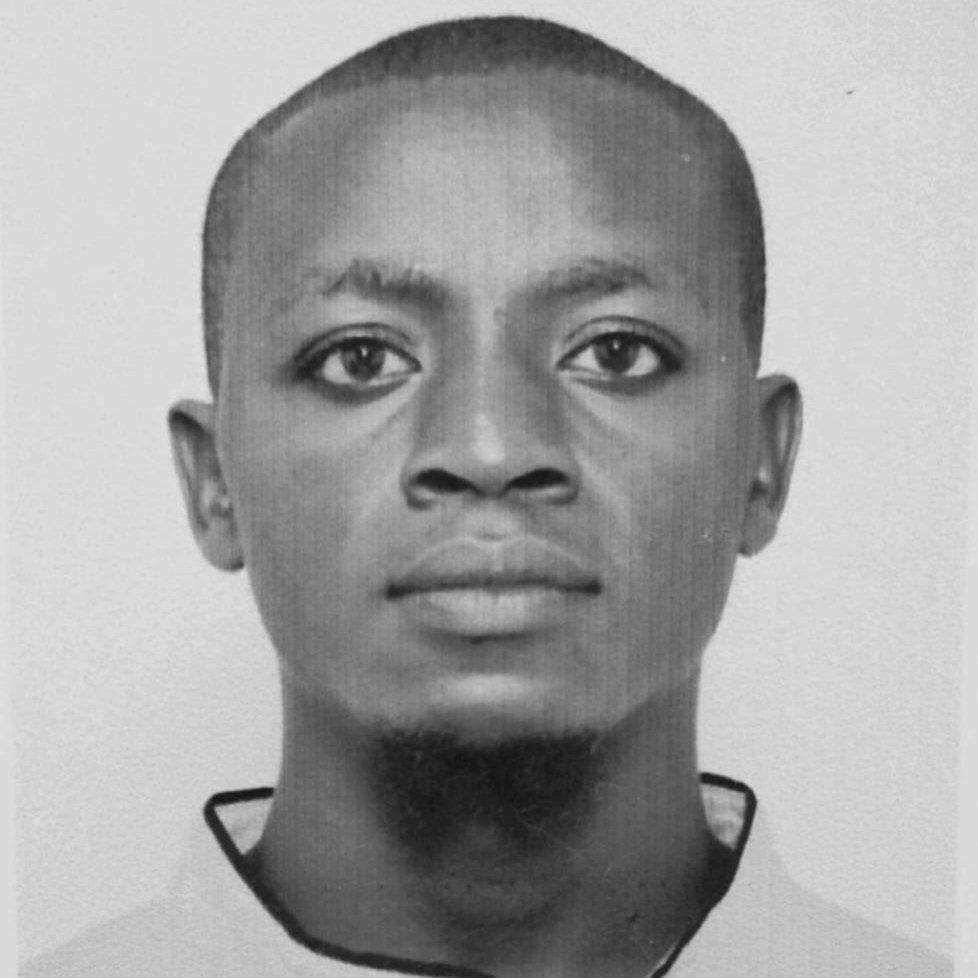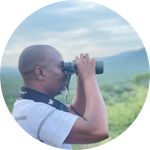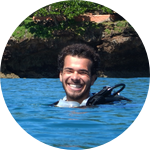About This Project
The decline of natural coral populations has led to widespread restoration efforts which will see outplanted corals dominate denuded reefs. These efforts may cause unintended erosion of genetic diversity due to the rearing of limited genets and subsequent inbreeding. This study will integrate a modern inexpensive DNA sequencing technology in ongoing restoration initiatives in Kenya to catalogue coral variety and variability to inform rearing and outplanting of adaptable and diverse populations.
Ask the Scientists
Join The DiscussionWhat is the context of this research?
Coral restoration efforts have shown promise to recover degraded reefs, but their long-term viability remains uncertain due to the lack of genetic knowledge. Modern DNA sequencing technologies offer efficient approaches for exploring population genetics but are hardly used on corals, especially in species-rich regions, like East Africa, due to the lack of expertise and the associated costs. This project will use restriction-site associated DNA sequencing (RADseq) to assess diversity and identify markers of bleaching resistance. RADseq is a recent efficient population genomics approach that uses enzymes to sample a representation of the genome which is then sequenced at a fraction of the cost of sequencing the whole genome.
What is the significance of this project?
Understanding of taxonomy and genetic diversity is fundamental for conservation of biodiversity; we can’t protect what we can’t identify, and genetic diversity is critical for adaptability and survival. Sound genetic knowledge will expand the successes of reef restoration strategies by safeguarding genetic diversity and optimizing the adaptation potential of restored corals. This is especially crucial for East Africa (EA) which is a hotspot for coral diversity, with some species yet to be delineated. Moreover, corals underscore EA’s economy by their ecological goods and services which are increasingly under threat from the local and global impacts causing degradation. This study will secure these benefits by inventorying coral diversity and outplanting populations resistant to stressors.
What are the goals of the project?
This study will feed into an ongoing restoration project in Kenya which has nurseries of corals of opportunity. Tissue samples will be collected from corals reared in intertidal reef for thermotolerance, in the subtidal reef, and bleached and non-bleached corals in the natural reef. DNA extraction will be done by commercial kit and library preparation done for RADseq. Resultant sequence data will be used for species description, genetic diversity assessment, and identification of correlates of bleaching resistance and thermotolerance. Population genetic metrics including genetic load and identity by descent will be used for the selective breeding of bleaching-resistant coral genets, and to guide out-planting protocols that minimize inbreeding potential.
Budget
REEFolution Trust has committed some funds to this project to cover field work, sampling and optimization of laboratory protocols. The requested budget will enable us to finalize laboratory processing and sequencing including sufficient number of samples in the analyses. This will allow us to buy consumables to perform DNA extractions and prepare 3RADseq libraries with protocols established at our facility, the Pwani University Biosciences Research Centre, which we shall then ship for sequencing. Resulting data shall be analyzed bioinformatically to assess genetic diversity and identify markers for bleaching resistance and thermotolerance. This budget is critical to a larger ongoing coral restoration project in Kenya. Understanding the genetic diversity and resilience of coral populations will inform selective breeding and out-planting protocols, enhancing the long-term viability of restored reefs.
Endorsed by
 Project Timeline
Project Timeline
The project will start with the collection of coral tissue samples within the first month. Months 2 to 6 will focus on DNA extraction, library preparation, and sequencing. Months 7 to 10 will involve analysis of the generated sequence data and statistical analyses. Finally, Months 11 and 12 will be dedicated to preparing reports and disseminating findings to the scientific community. This will also include development of out-plating protocols to improve the restoration of degraded reefs.
Jun 01, 2024
Data analysis and reporting
Jul 01, 2024
Development of selective breeding and ouplanting protocols
Aug 08, 2024
Project Launched
Sep 01, 2024
Presentation of findings and manuscript preparation
Oct 01, 2024
Sample collection and DNA extraction
Meet the Team
Affiliates
Affiliates
Team Bio
The team also comprises Dr. Sammy Wambua and Dr. Ewout Knoester. Dr. Wambua is a researcher in wildlife genomics, which makes him quite relevant to this project on the genetic analytical component. Dr. Knoester is an ecologist, with years of experience in coral restoration. He will help in implementing strategies for the restoration of degraded coral reefs. He will also provide access to important ecological insights and practical knowledge relevant to the project.
Rodney Askolyo Omukuti
I have a great passion for biology, more particularly in the fields of Zoology and conservation. My academic background in Biology with emphasis on Zoology has served me a very strong platform in understanding animal biology and ecosystems. Knowing that the traditional means of conservation are poorly applied, I developed deep interest in bridging this gap between conservation biology and conservation genomics. I find myself attracted to the transformation role that can be played by conservation genomics. I believe that molecular biology and bioinformatics can provide insights into genotype diversity, adaptation, and resilience – very important attributes for long-term survival – of endangered species.
My current research focuses on corals, which are extremely critical to marine ecosystems and increasingly under threat from human activities and climate change. Employing state-of-the-art DNA sequencing technologies like RADseq, my work aims to quantify coral variety and variability while pinpointing the genetic markers for bleaching resistance and thermotolerance. This work will be inordinately useful in developing effective restoration strategies that ensure genetic diversity and elevate adaptability in coral populations.
I am dedicated to biodiversity conservation, and I believe that genetic diversity is a determinant factor for adaptability and survival of species. I want to equip myself with genomic innovations to facilitate informed and impactful science in restoring conservation practices. In entering conservation genomics, my journey is led by a dedication to making a tangible difference in saving endangered species. Coupled with my passion for conservation, my expertise in molecular biology and bioinformatics places me at the forefront of efforts to safeguard biodiversity on our planet. In so doing, this work can significantly contribute to conservation genomics efforts that guarantee the survival and resilience of vital species in our ecosystem.
Sammy Wambua
I have employed molecular biology in biomedical research for over 20 years. I have recently switched to utilizing genomics to explore and protect tropical species of conservation concern. Ongoing research includes population genomics for East African corals, sea cucumber and cichlids, immunogenetics of sea turtles, and microbiome analysis of corals, seagrass, and mangroves.
Ewout Knoester
Performing research for Wageningen University in collaboration with the REEFolution Foundation in Kenya on how to improve the efficiency of coral reef restoration, with a focus on 1) Improving restoration efficiency by integrating ecological processes, 2) Making restoration future proof by exploring heat resilience of restored corals and 3) Enabling upscaling of restoration efforts by improving the cost-efficiency of applied techniques.
Project Backers
- 4Backers
- 219%Funded
- $9,200Total Donations
- $2,300.00Average Donation




